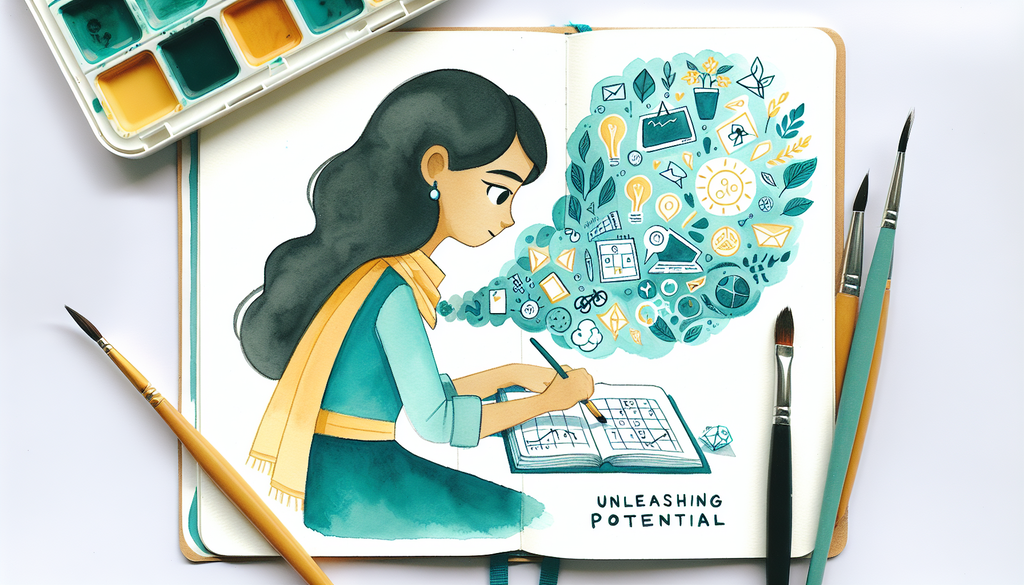Unleashing Potential: Problem-Based Learning for Gifted Students

Gifted students, with their unique abilities and elevated learning capacities present a fascinating opportunity for educators. Still, these students also bring forward an all-emphasizing challenge in maintaining their engagement. As a response to this, innovative education methodologies have emerged. Among these, problem-based learning (PBL) stands out as an effective approach building knowledge applicable to the real world.
The Essence of Problem-Based Learning
Developed originally in the realm of medical education, problem-based learning employs real-world scenarios to stimulate learning. These so-called problems are not just queries that have simple, right-or-wrong answers. Instead, they are multi-dimensional challenges that demand critical thinking, creativity, and a broad base of knowledge. For gifted students, this unpredictable and thought-invoking approach can be deeply engaging and worth delving into.
PBL’s effectiveness can be attributed to two key factors: active learning and the development of essential 21st-century skills. According to a study by the Stanford University School of Medicine, PBL students tend to grasp information better when they learn by actively resolving real problems rather than passively absorbing knowledge (link to study).
Implementing PBL in Classroom
Implementing PBL in the classroom requires a change from traditional teaching methods, shifting the teacher’s role from an instructor to a guide or mentor. The key lies in carefully curating problems that stimulate the intellectual curiosity of gifted learners. But how does PBL intertwine with gifted students’ unique characteristics, such as their heightened sensitivity and intensity of focus?
Gifted students are often identified by their ability to see the ‘bigger picture’ or to exhibit lateral thinking - a key component of problem-solving. PBL allows these abilities to shine, by providing both the complexity and depth these students need while also engaging their ability to cover a broad range of subjects.
But the benefits of PBL aren’t limited to just satisfying gifted students’ intellectual curiosity. It also harbors real skills that they will need as they advance academically and professionally. Skills like teamwork, communication, research, and self-directed learning are embedded in the problem-solving process, providing a realistic taste of what students might encounter in their future careers.
For insights on how to enrich the learning process for gifted students, you can refer to our post on “Maximizing Potential: Enrichment Ideas for the Classroom” [/Maximizing-Potential-Enrichment-Ideas-for-the-Classroom/]
Looking Forward
While PBL already has a strong showing in schools around the world, there’s still a lot we can do to further optimize this dynamic approach, from better problem design to even more real-world applicability. From this standpoint, it’s crucial to engage in continued dialogue, research, and training in PBL so that we can unlock its full potential for gifted students and advance their unique abilities.
To garner a deeper understanding of the nuanced psychology of gifted learners, we recommend reading “Understanding the Emotional Depth of Gifted Children” [/Understanding-the-Emotional-Depth-of-Gifted-Children/].
In conclusion, PBL presents an exciting, engaging, and efficient way to meet the educational needs of gifted students. By embracing this approach, we can truly unleash the unique potential inherent in all gifted learners while preparing them for the challenges and opportunities they will face in their future lives.
As we continue on the path of enhancing education for all learners, we believe the possibilities for creative, individualized, and effective learning are infinite. From regular students to those who need specialized approaches due to distinct abilities or challenges, read our take on “Creating Accessible Science Experiments for All Learners” [/Creating-Accessible-Science-Experiments-for-All-Learners/].